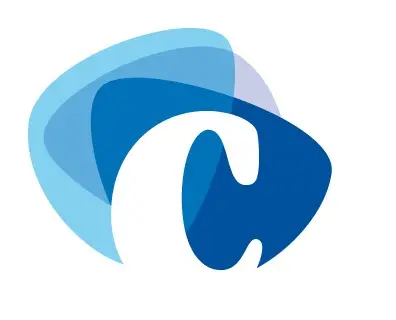digital global gateway matchmaking: a dutch case study to bolster European actionThe European Union’s Global Gateway investment agenda is gaining traction and political support across the EU bloc, including in the digital domain. This shift in attitude has to be supported by concrete action from member states in identifying their own strengths, as well as local needs in countries of the Global South, as the Netherlands is seeking to do. A key challenge for European players in strengthening their offers to countries of the so-called ‘Global South’ is to know and to act on local needs, engaging with partner countries that also wish to take advantage of the opportunities arising from the digital and data-driven economy. This Policy Brief presents the findings of such a matchmaking exercise, specifically between Dutch digital strengths and local needs in the digital domain in Kenya, Egypt and Vietnam. Hard infrastructure, which is the focus of the EU Global Gateway so far – forms the base of any digital transformation. Building on this, EU member states can offer opportunities in sought-after (sectoral) applications – such as in education, health, agriculture, FinTech or manufacturing – that lay the foundation of an open, inclusive and secure digital domain. Complementing the matchmaking exercise, new (financial) instruments are needed to deliver on the scale of digital needs and interests of partner countries.
Read full policy brief at original link.
About the authors
Maaike Okano-Heijmans is a senior research fellow at the Clingendael Institute, where she leads the ‘Geopolitics of Technology and Digitalisation’ programme.
Alexandre F. Gomes is a Research Fellow at Clingendael’s EU & Global Affairs Unit. His interest and research revolve around the intersection and mutual influence between (geo)politics and technology.


